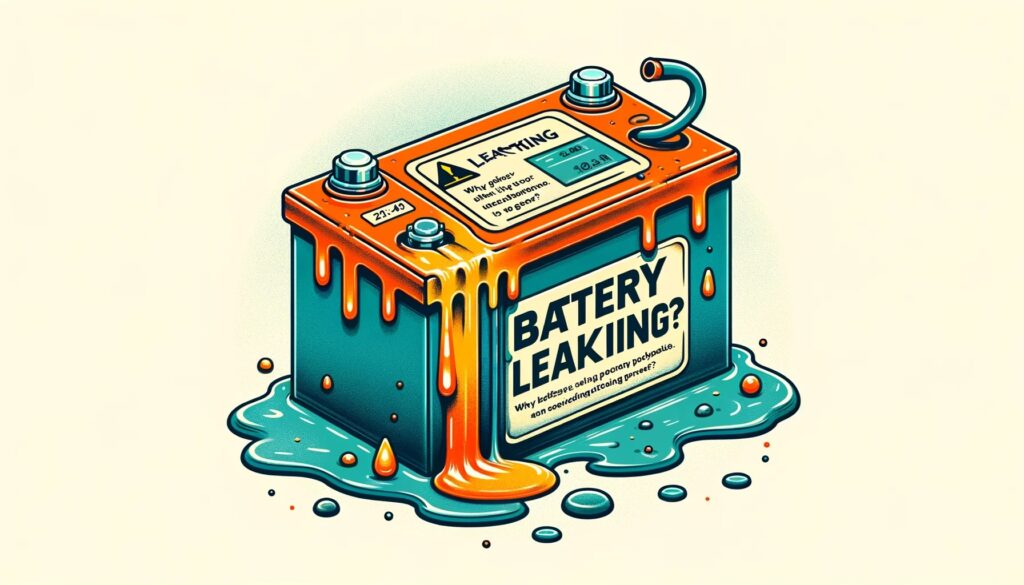Battery leakage can occur due to various factors, including age, misuse, or manufacturing defects. Here are some common causes and preventive measures.
- Age and Degradation: Over time, batteries can degrade, especially if they are not used regularly. This degradation can lead to internal pressure build-up and eventual leakage. Preventive measures include replacing batteries at regular intervals, especially in devices that are not frequently used.
- Overcharging or Overdischarging: Charging batteries beyond their recommended voltage or discharging them too deeply can cause internal damage and lead to leakage. Use chargers and devices that are compatible with the specific battery type and follow manufacturer recommendations for charging and discharging.
- Physical Damage: Physical damage to the battery casing, such as cracks or dents, can compromise its integrity and lead to leakage. Handle batteries with care and avoid dropping them or subjecting them to excessive force.
- Extreme Temperatures: Exposure to high temperatures can accelerate chemical reactions within the battery and increase the risk of leakage. Similarly, freezing temperatures can cause batteries to crack or rupture. Store batteries in a cool, dry place away from direct sunlight and extreme temperatures.
- Mixing Battery Types or Brands: Mixing different types or brands of batteries in a device can lead to inconsistencies in performance and potential leakage. Use batteries of the same type, brand, and age when replacing them in devices.
- Poor Quality or Counterfeit Batteries: Low-quality or counterfeit batteries may not meet safety standards and can be more prone to leakage. Purchase batteries from reputable manufacturers and retailers to ensure quality and authenticity.
- Improper Storage: Storing batteries in humid or corrosive environments can lead to corrosion of the terminals and eventual leakage. Store batteries in a cool, dry place in their original packaging or in a dedicated battery storage container.
Regular inspection of batteries and devices for signs of leakage, such as corrosion around the terminals or bulging of the casing, can help identify potential issues before they escalate. If leakage occurs, safely dispose of the affected batteries according to local regulations and clean any affected surfaces thoroughly to prevent damage or injury.


